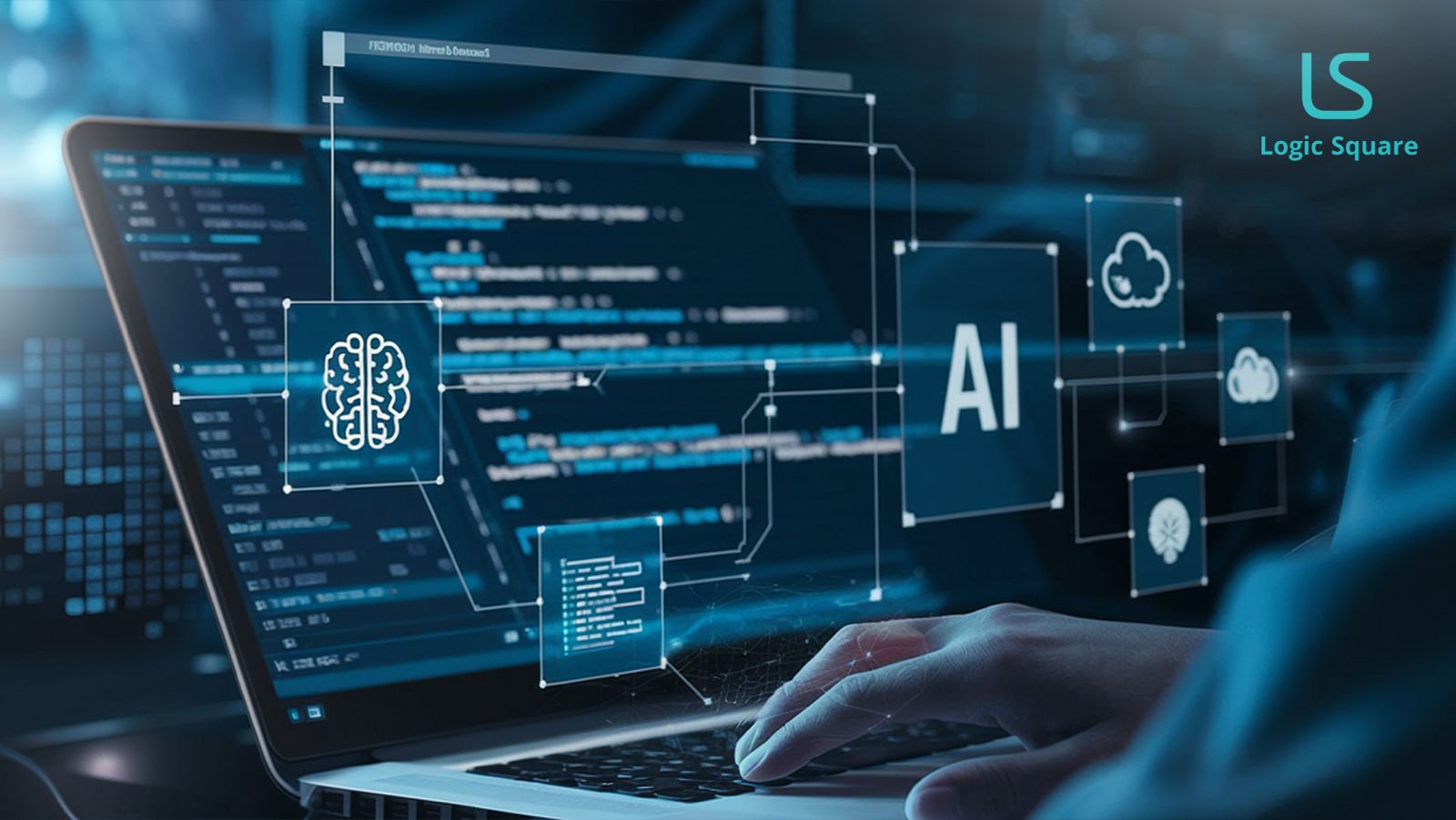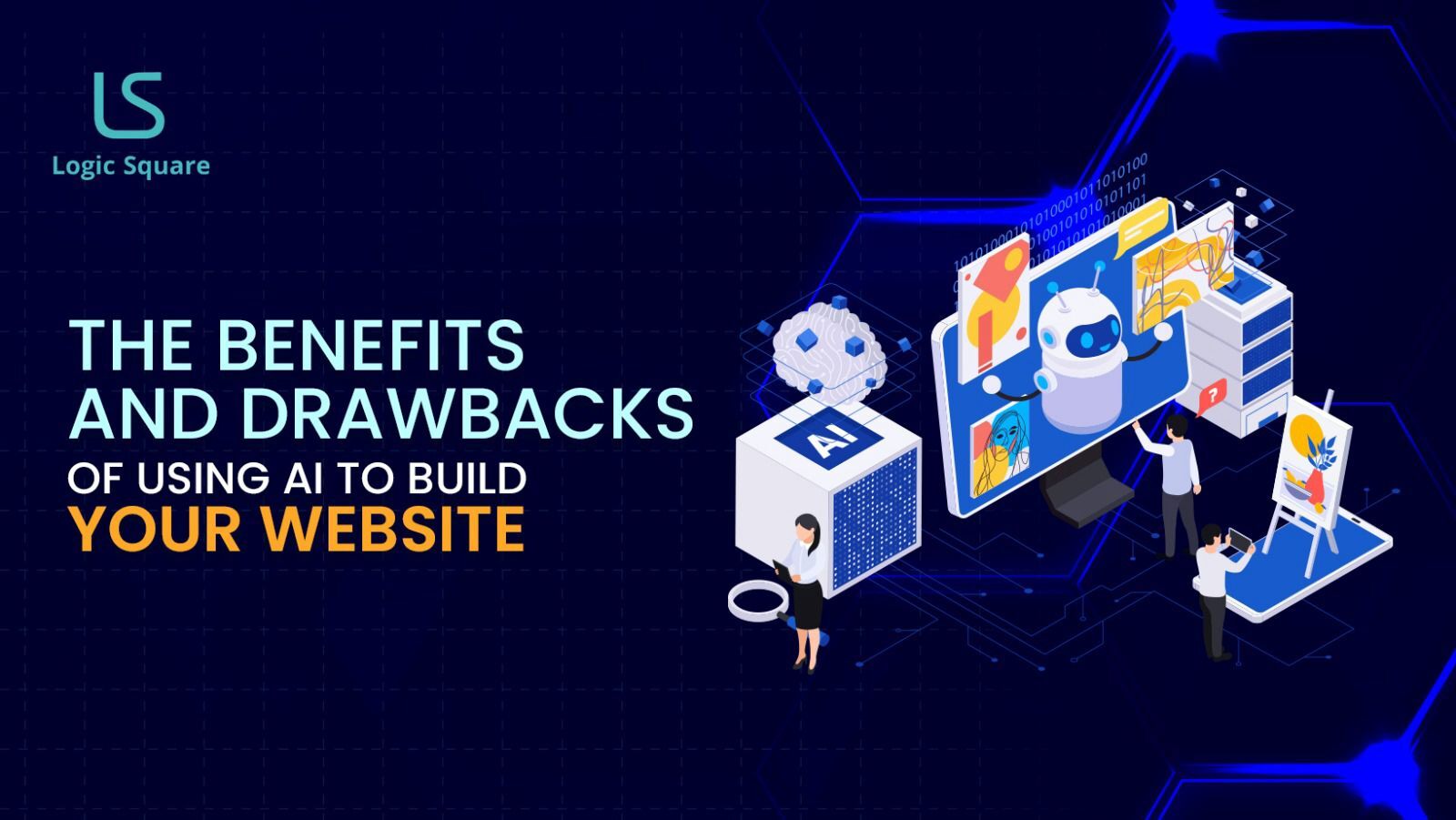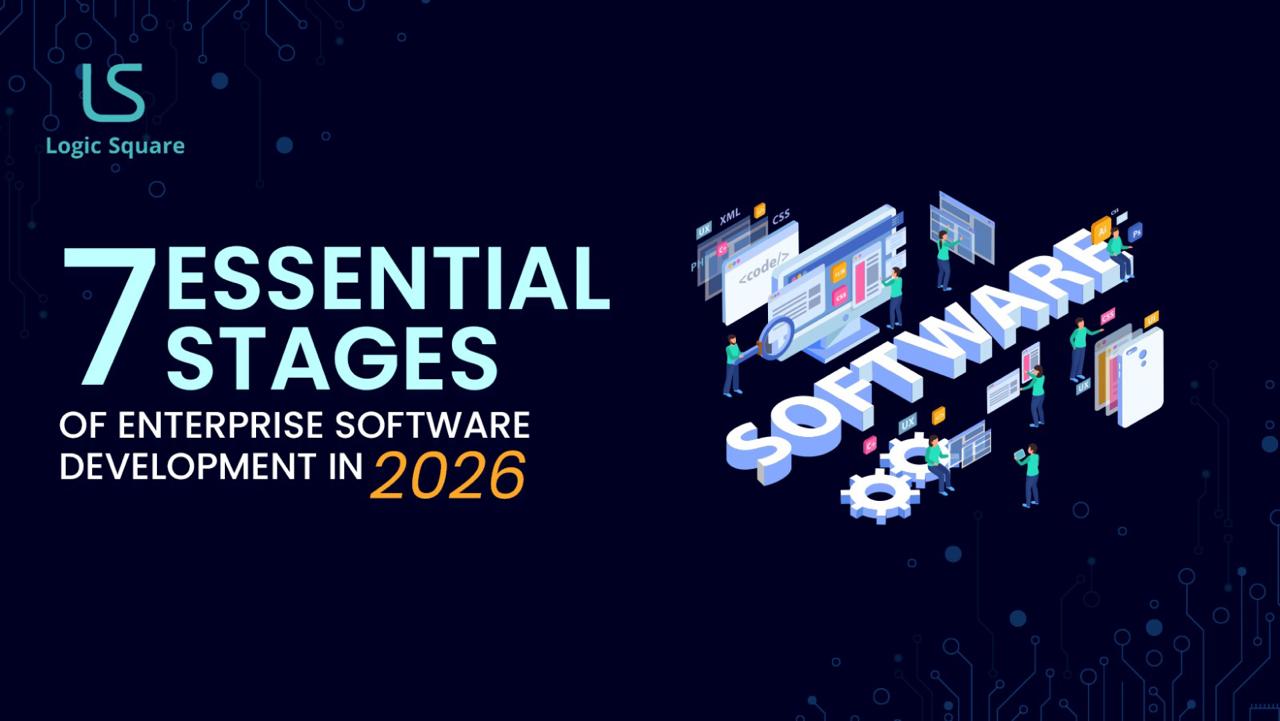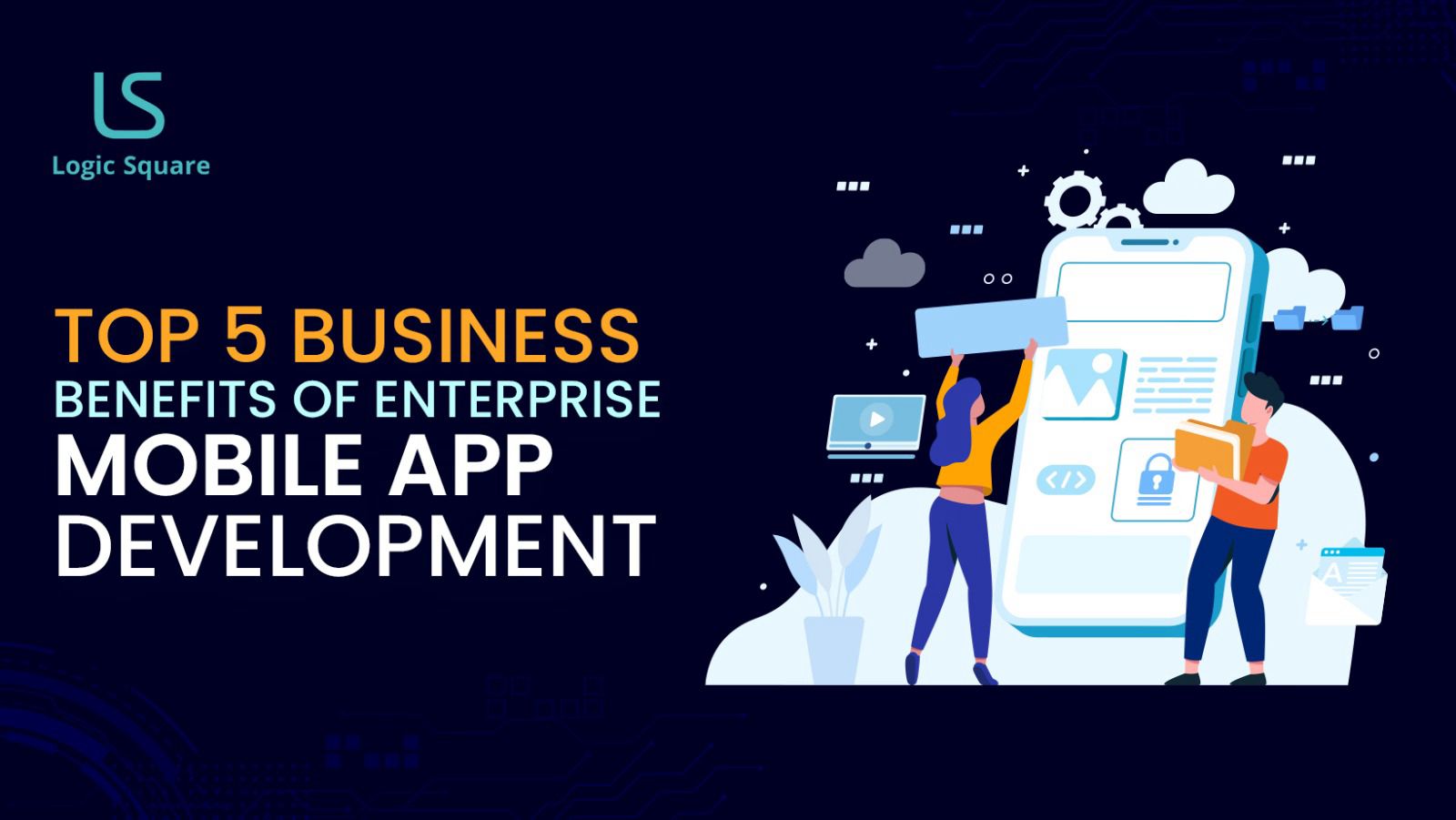It’s 2:47 am. The office lights have long dimmed, the rest of the dev team is asleep, and you are still staring at a mysterious bug that refuses to be fixed. There are multiple Stack Overflow tabs open, your coffee’s gone cold, and you mutter, “If only I could find someone to look at the issue and help me fix it together.” And then, there it is. You hear a calm and confident voice in your IDE, “ You are missing a null check in your data handler. Want me to fix it?”
Well, this is not a dream. You are pair programming with an Agentic AI – an autonomous, context-aware assistant that not only autocompletes code snippets for you, but also reasons through your entire project, executes terminal commands, manages files, and even browses the web to fetch solutions. How cool is that?
Table of Contents
ToggleFrom bustling software teams to a nimble custom mobile app development company, developers everywhere are leaning on AI not just to assist but to collaborate as well. The rise of Agentic AI marks a major turning point in the software industry where code meets cognition. In this blog, we will explore how these intelligent systems are redefining software development companies, giving them an edge in productivity, quality, and innovation.
Let’s dive deeper.
The Evolution of the Coding Environment
The contemporary coding environment is undergoing a seismic shift. White traditional IDEs like VS Code and JetBrains’ suite have faithfully served developers for years, and a new breed of AI-native development environments like Cursor AI and Google IDX are redefining what it means to write and collaborate on code.
Have you ever wondered why developers are gravitating toward these AI-integrated IDEs? The answer is simple. These platforms are not just editors; they are big-time collaborators.
Here’s what they are capable of doing:
- Real-time Code Suggestions – Evolve beyond simple autocompletions and offer context-aware, semantically rich solutions.
- Project-wide Reasoning – It lets the AI understand the entire context of your application and not just the file you are in.
- Inline Documentation and Bug Detection – Pave the way for faster debugging, smarter navigation, and more readable code.
These transition matters to every software development company aiming to streamline workflows, improve code quality, and onboard developers faster.
Agentic AI in Coding
Now that you are aware of the broader dimension in this context of the discussion, you must be eager to figure out what exactly an Agentic AI is. Unlike basic code suggestions, tools/platforms, or traditional assistants, Agentic AI functions as an autonomous, decision-making collaborator. It performs actions, makes recommendations, and even carries out tasks across an entire development setup.
Platforms like Ollama and Hugging Face’s Agentic AI Hub exemplify this. They support multi-agent systems that can:
- Execute terminal commands.
- Download, modify, and manage files.
- Browse across the web to fetch relevant documentation and libraries.
- Make every decision based on context, acting more like seasoned senior developers rather than just another passive assistant.
These agents are now gradually evolving from reactive helpers into intelligent co-developers, changing the way custom mobile app development companies build and ship software.
Benefits of Agentic AI-Enhanced Pair Programming
Pair programming has long been a standard practice for enhancing code quality and fostering collaboration. This is where agentic AI walks in. It supercharges the method by offering a virtual agent that never tires, never misses a meeting, and never forgets syntax.
Here’s how it fetches a competitive edge over others.
- 24/7 Availability Agentic AI, unlike human teammates, is always ready to assist, day or night.
- Knowledge Sharing With access to massive codebases and documentation, Agentic AI paves the way for bringing in broad technical insight into every coding session.
- Error Detection & Refactoring The model identifies bugs automatically and suggests optimal, and often cleaner solutions.
- Fast Onboarding With AI explaining code, tracing logic, and suggesting best practices, new developers can now get up to speed quickly.
- Speed & Quality Development cycles shrink and code integrity remains high. Result? A win-win situation for any fast-moving software development company.
Practical Tools & Platforms Powering This Shift
Every transformation requires revolutionary tools and platforms to enable the shift. Here are some pioneering names leading the change from the front.
- Cursor AI: An AI-first code editor that deeply integrates AI agents for in-line help, bug fixes, and context-aware suggestions.
- Google IDX: It’s a cloud-based IDE from Google that leverages AI to make real-time improvements, explain code, and handle environment setup.
- Hugging Face Agent Hub: The platform serves as a playground for building and deploying versatile AI agents that are tailored to handle development tasks.
- Ollama: It’s a tool that deploys custom LLMs locally, thus making them highly responsive and privacy-conscious, much preferred by regulated industries.
For any custom mobile app development company or other tech spaces under the sun, these tools and platforms represent a leap forward in determining velocity, scalability, and developer support.
Challenges and Limitations
While the promise of Agentic AI seems enormous, it’s not without pitfalls. Here’s a brief overview of the same.
- Security & Privacy: Granting agents file system and terminal access can prove to be risky. It makes sandboxing and trust boundaries critical.
- Risk of Overreliance: Developers must remain engaged to avoid becoming passive operators. Lest we forget, human intervention remains essential.
- System-level Access: Deleting files or executing code via an Agentic AI must come with strong guardrails and audit logs.
To sum up, we must strike a balance between the best of both worlds while handling sensitive client data or IP.
The Future of Collaborative Coding
Coding by voice with multimodal AI that understands diagrams, writes tests, and coordinates with your CI/CD pipeline is no longer a far-fetched dream. That’s the road we are on.
Here’s what lies ahead:
- Multimodal agents: that understand code, design files, and handle user feedback seamlessly.
- Voice-controlled coding environments: that make things faster and smoother.
- Symbiotic relationships: where Agentic AI and developers co-design features in real-time.
Thus, there’s no denying that if you want to stay ahead of the curve and make your presence felt, evolution is no longer optional; it’s imperative.
Conclusion,
Let’s get it straight, Agentic AI isn’t here to replace developers; it’s here to empower them. These systems are built and designed to elevate what developers can achieve, paving the way for teams to ship cleaner, more robust code faster than ever before. As tools like Cursor AI, Hugging Face Agent Hub, Google IDX, and Ollama continue to evolve, the benefits will only grow. Teams embracing Agentic AI and integrating it into pair programming and development workflows will see gains in terms of efficiency, maintainability, and innovation.
Whether you are a mobile app development company or an emerging software development firm, now is the time to act. Connect with LogicSquare Technologies today, and let’s build the future of coding together.





